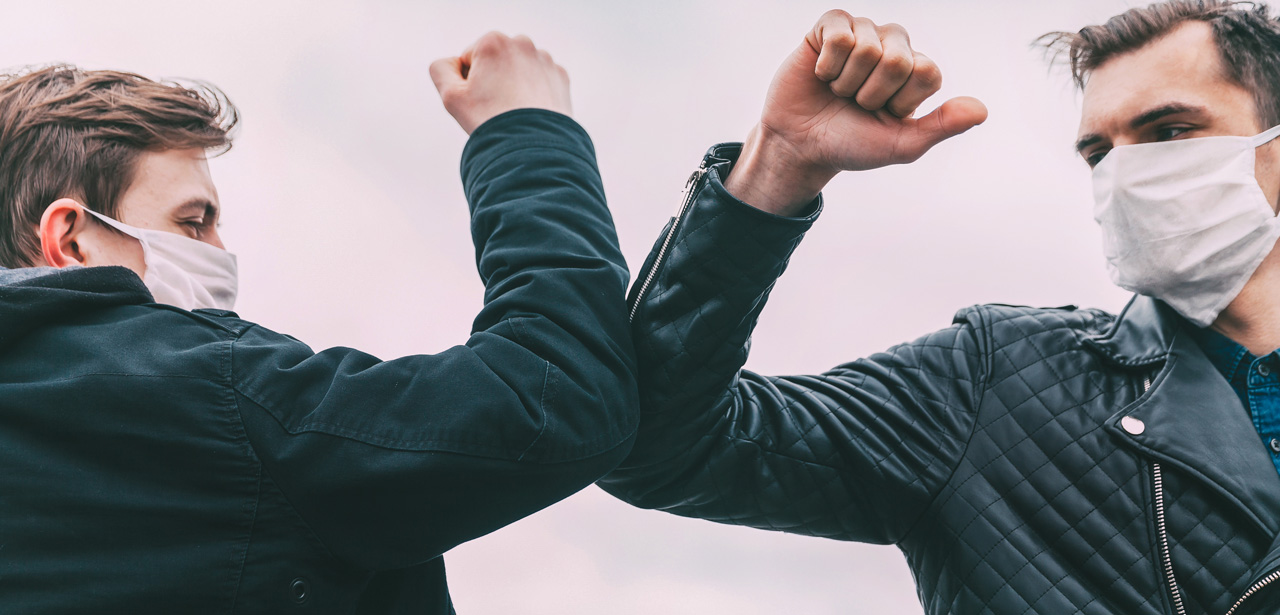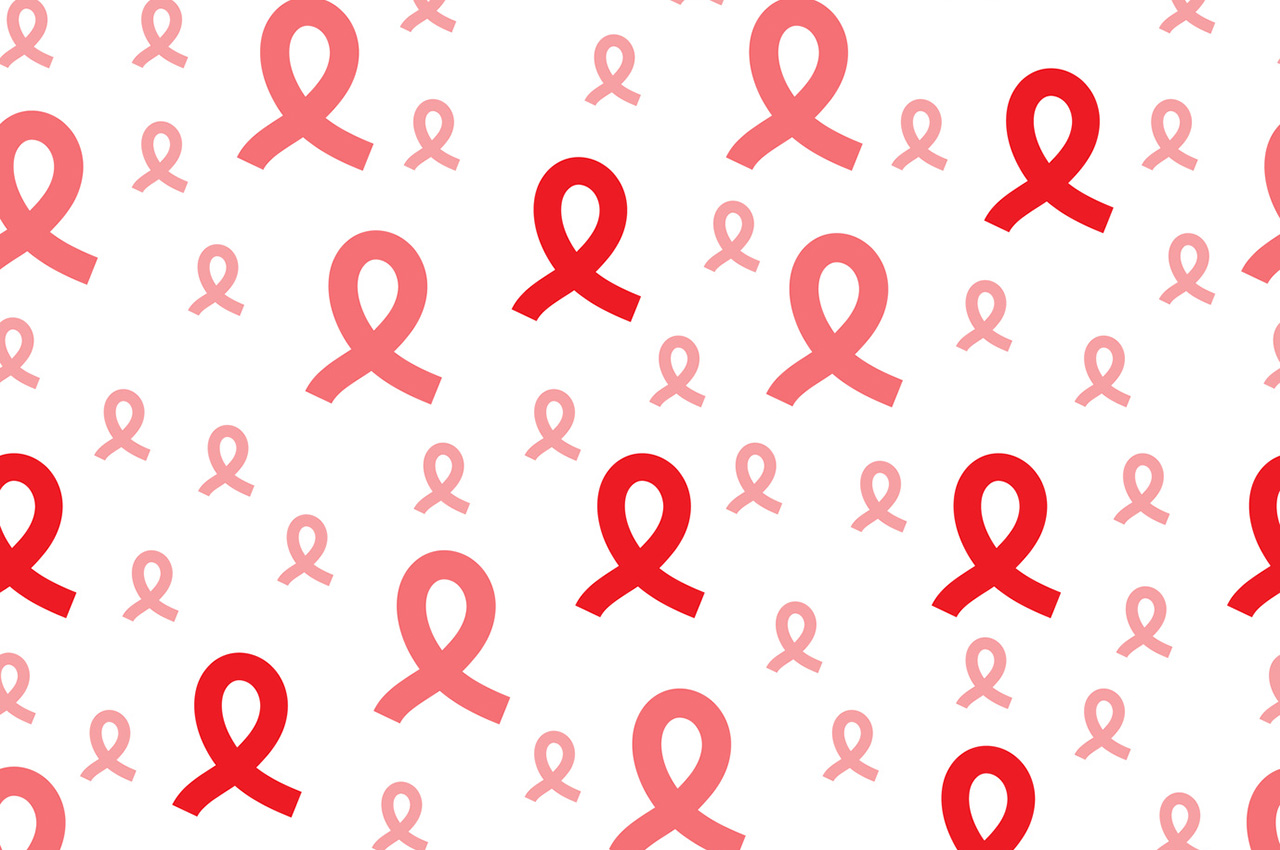The European Commission funded a project for the standardisation of the management of occupational exposures to HIV/blood-borne infections and antiretroviral post-exposure prophylaxis (PEP) in Europe. Within this project, the following recommendations and rationale were formulated by experts representative of participating countries. Based on assessment of the exposure, material, and source characteristics, PEP should be started as soon as possible with any triple combination of antiretrovirals approved for the treatment of HIV-infected patients; initiation is discouraged after 72 hours Rapid HIV testing of the source could reduce inappropriate PEP. HIV testing should be performed at baseline, 4, 12, and 24 weeks, with additional clinical and laboratory monitoring of adverse reactions and potential toxicity at week 1 and 2. HIV resistance tests in the source and direct virus assays in the exposed HCW are not recommended routinely. These easy-to-use recommendations seek to maximise PEP effect while minimising its toxicity and inappropriate use. (R.A.)
Auteur : Puro V, Cicalini S, de Carli G, Soldani F, Antunes F, Balslev U, Begovac J, Bernasconi E, Boaventura JL, Marti MC, Civljak R, Evans B, Francioli P, Genasi F, Larsen C, Lot F, Lunding S, Marcus U, Pereira AA, Thomas T, Schonwald S, Ippolito G
European journal of epidemiology, 2004, vol. 19, n°. 6, p. 577-84


